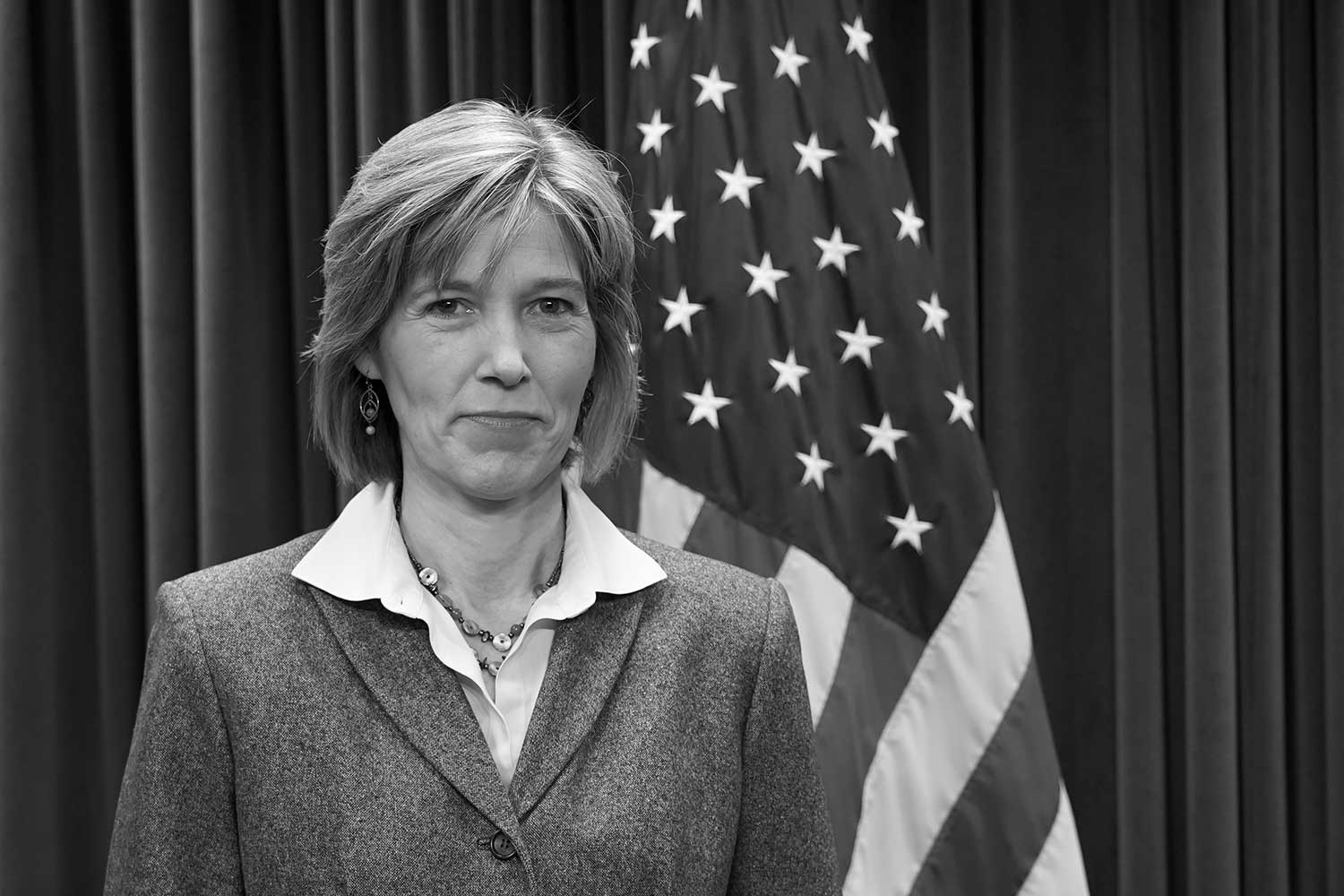
12 Mar Exclusive Interview: Fighting Cybercrime With The FBI
A conversation with the FBI’s director of the cyber division – Amy Hess

Northport, N.Y. – Mar. 12, 2019
The Cybercrime Magazine team traveled to Washington D.C. for a one-on-one podcast interview with Amy Hess, executive assistant director of the Criminal, Cyber, Response and Services Branch at the Federal Bureau of Investigation. Hess had a lot to say about cybercrime, cybersecurity and how the FBI patrols cyberspace.
As head of one of the FBI’s six branches, EAD Hess is a key player in the cyber defense world and responsible for all international criminal investigations. She oversees 56 field offices in the United States and branches in 200 countries throughout the world.
“This is how we live these days. It’s all about the technology — and that means for the criminals and the people who threaten our national security,” said Hess. “The cyber division is the crux of where the organization is going. The FBI has to be able to adjust and adapt to the environment in which these people [cyber criminals] operate.”
Toward that end, Hess instructed all field offices to reach out to the businesses in their areas and establish a relationship — one built on trust — to create a direct line of communication in place when cybercrime happens. In addition to this, the field offices work with private sector companies to spread awareness and share information about cyber attacks so they can be prevented from damaging other entities.
“Of course, you’re going to have your ones and zeroes people,” said Hess. But she views stopping cybercrime as a team effort in which everybody has a part to play — even if you don’t have a technical background.
The Internet Crime Complaint Center, or IC3, is a government repository for all information related to cybercriminal activity. Hess advises any individual or company to contact the IC3 as soon as a breach occurs. Through this early action on the part of victims, the FBI has been able to prevent 78 percent of financial fraud caused by Business Email Compromise from causing further harm.
Although there are many opportunities to prevent cybercrime, Hess stresses the importance of cyber hygiene. “The weakest link is the human. … Once you click the link, bad things can come in.” It’s incumbent on people to learn how to identify suspicious cyber activity.
Some background: Wanting to be an astronaut from a young age, Hess earned degrees in Aeronautical and Astronautical Engineering from Purdue University. But, a visit to the J. Edgar Hoover building when she was 11 years old offered another option. She joined the Bureau after graduation at a time when it was looking for people with a technical background.
There were few women in technological and leadership roles when Hess grew up, but she didn’t let that stop her. Now, as a prominent woman in cybersecurity and a member of the FBI’s top brass, Hess’s advice for young girls is to follow your dreams because “you can achieve this, too.”
– Steven T. Kroll is a public relations specialist and staff writer at Cybercrime Magazine.



